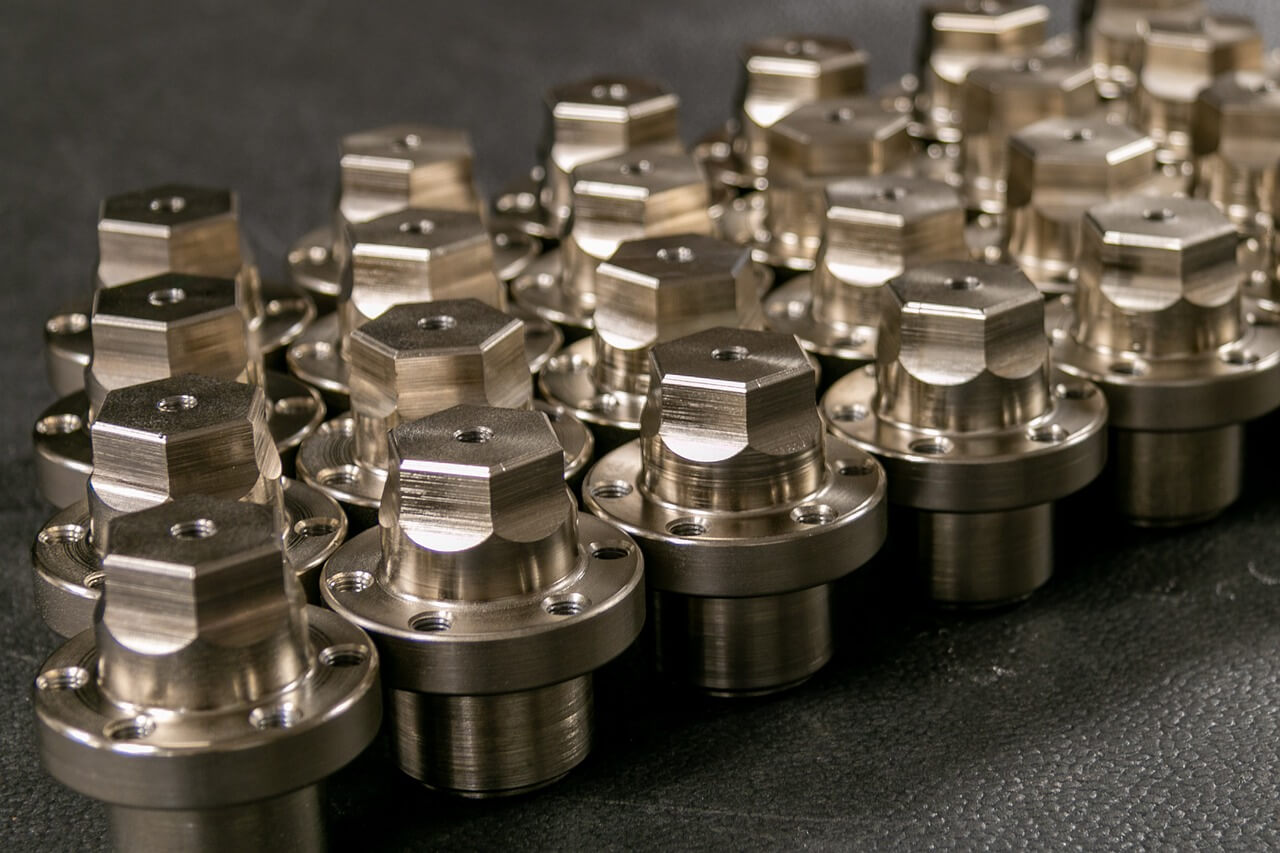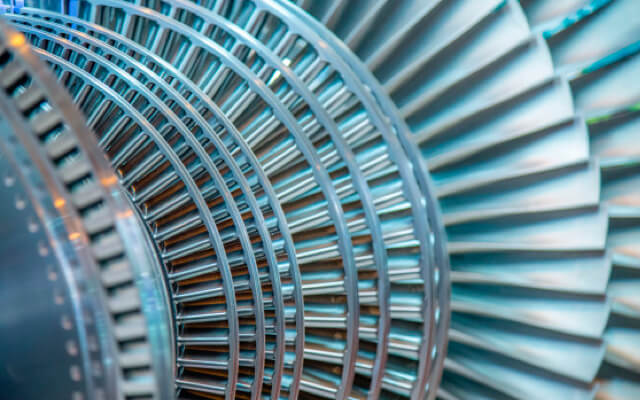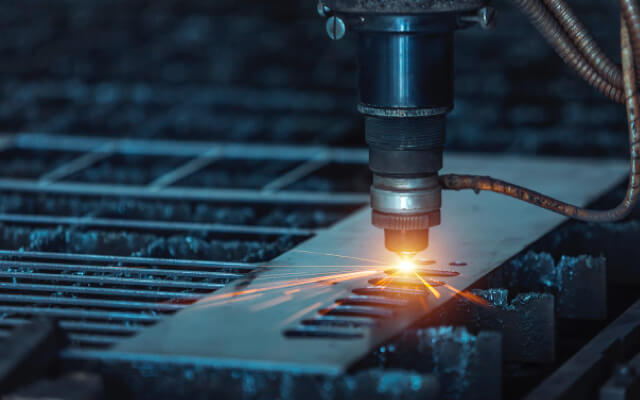Precision machining employs advanced techniques to achieve exact dimensions and superior surface finishes for complex assemblies. This article delves into innovative strategies like toolpath optimization, adaptive machining, and tool wear compensation, alongside the integration of AI and IoT, showcasing their pivotal roles in enhancing CNC machining capabilities for industries demanding high precision.
What is Precision Machining?
Precision machining is a cornerstone in modern manufacturing, where achieving exact dimensions and superior surface finishes is paramount. This process involves removing material from a workpiece while maintaining close tolerance levels, which is essential for creating parts that fit and function correctly in complex assemblies.
In industries ranging from aerospace to medical device manufacturing, precision machining plays a critical role. It ensures components meet stringent specifications, a necessity for applications where even a micron’s deviation can lead to system failure. CNC (Computer Numerical Control) machining shops leverage advanced technology to ensure such precision. Here, computer-controlled machine tools execute pre-programmed sequences, allowing for consistency and repeatability in production.
Custom machine shops often specialize in precision machining, catering to unique and complex requirements. In these environments, the focus is on meeting dimensional accuracy and achieving the desired surface finish, which is critical for aesthetic and functional purposes. The role of precision machining in ensuring high tolerance and surface finishing cannot be overstated, as it directly impacts the performance and longevity of the final product.
Strategies for Achieving Tight Tolerances and Superior Surface Finishing with Precision Machining:
Section 1: Toolpath Optimization:
Toolpath optimization is a process that refines the movement of cutting tools, ensuring efficient, precise cuts. In CNC machining shops, this optimization is crucial. It directly impacts product quality and machining efficiency.
Fundamental Techniques in Toolpath Planning:
- High-Speed Machining (HSM) Strategies involve faster feed rates and deeper cut depths. HSM reduces machining shops time and enhances surface finish, a key priority for custom machine shops.
- CAD/CAM Software Utilization: Advanced software tools are indispensable for crafting precise toolpaths, especially with complex geometries. They enable detailed planning and simulation, ensuring accuracy before actual machining.
- Speed-Precision Balance: Achieving a harmony between machining speed and precision is crucial. This balance minimizes production time while maintaining high-quality standards.
The emphasis on toolpath optimization reflects its significance in achieving tight tolerances. Precision in tool movement directly impacts the final product’s dimensional accuracy.
Role of CFD in Tool Path Optimization:
Incorporating Computational Fluid Dynamics (CFD) into toolpath strategies can provide deeper insights. CFD models simulate the cutting process, providing insights into chip formation, heat generation, and tool wear. This information is vital for refining toolpaths, ensuring optimal cutting conditions, and extending tool life.
In essence, toolpath optimization in precision machining shops, it is not just about following a path. It’s a blend of speed, precision, and advanced technology, all working in concert to produce superior machining results.
Section 2: Adaptive Machining
Adaptive machining is a pivotal technology in CNC machining shops, enhancing precision in CNC machining. This technique adapts in real time to variable conditions during the machining process.
Functionality of Adaptive Machining:
- Real-Time Adjustments: The process dynamically adjusts cutting parameters in response to material inconsistencies or variations in tool geometry.
- Sensor and Feedback Systems Utilization: These systems detect deviations in cutting conditions. The feedback informs immediate adjustments, ensuring consistent quality.
- Benefits: Key advantages include maintaining stringent tolerances and reducing defect rates. This adaptability is crucial in scenarios where initial shapes are imprecise, such as castings or weldings.
Incorporating CFD data allows for better predicting and managing thermal stresses and material behaviour, enhancing machining precision. For custom machine shops, adaptive machining assures quality and efficiency, adapting seamlessly to each unique machining task.
Section 3: Tool Wear Compensation
Tool wear significantly impacts precision machining, affecting both dimensional accuracy and surface finish. As tools wear, they can produce parts outside of tolerance and with inferior surface quality.
Strategies for Tool Wear Compensation:
- Monitoring Tool Wear Patterns: Advanced monitoring technologies enable precise tracking of tool wear. This data is essential for timely interventions.
- Automated Tool Change Systems: These systems replace worn tools without manual intervention. They ensure continuous operation with optimal tooling.
- Predictive Maintenance Approaches: Using data analytics to predict tool life aids in proactive maintenance, preventing downtime and maintaining quality.
Advanced materials and coatings play a pivotal role in reducing tool wear. Materials like carbide and coatings like titanium nitride extend tool life, enhancing efficiency and accuracy.
In practice, these strategies have shown significant improvements in machining accuracy. For instance, a CNC machining shop employing predictive maintenance can anticipate tool wear and replace tools before they affect product quality. This proactive approach not only maintains precision but also optimizes operational efficiency.
Section 4: Integrating Advanced Technologies
The integration of advanced technologies in CNC machining is revolutionizing precision manufacturing. This transformation is driven by AI, IoT, and advanced materials, each playing a pivotal role in enhancing machining capabilities.
AI and Machine Learning Innovations:
- Predictive Analytics and Intelligent Automation: AI and machine learning enable more thoughtful decision-making and a deeper understanding of tool failure, tool life, and part quality. For instance, platforms like MachineMetrics provide real-time visualization of CNC machine analytics, offering descriptive, diagnostic, predictive, and prescriptive data insights. This integration reduces unexpected downtime, enhances machine longevity, and lowers maintenance costs.
- AI-Assisted Assembly Design: Tools like Siemens Solid Edge 2024 set groundbreaking precedents in digital transformation. These AI-assisted systems predict assembly relationships and learn user patterns, significantly enhancing machining operations.
Role of IoT in Precision CNC Machining:
- Real-Time Monitoring and Efficiency: IoT-driven CNC machines streamline manufacturing processes, increasing productivity and efficiency. They provide real-time monitoring capabilities, allowing machines to operate at optimal speeds and manage resources more efficiently.
- Predictive Maintenance and Safety Improvements: IoT technology is crucial in predictive maintenance, reducing unplanned downtime. It also improves safety and working conditions by detecting potential hazards and enabling machines to perform more autonomous roles.
These technologies enhance current capabilities and open doors to innovative manufacturing possibilities, marking a significant leap in the industry’s evolution.
Conclusion:
In conclusion, precision machining has evolved significantly by integrating advanced technologies. Techniques like toolpath optimization, adaptive machining, and tool wear compensation, combined with the advancements in AI and IoT, have greatly enhanced the capabilities of CNC machining shops. These innovations ensure superior precision and surface finish, meeting the exacting demands of modern manufacturing.






